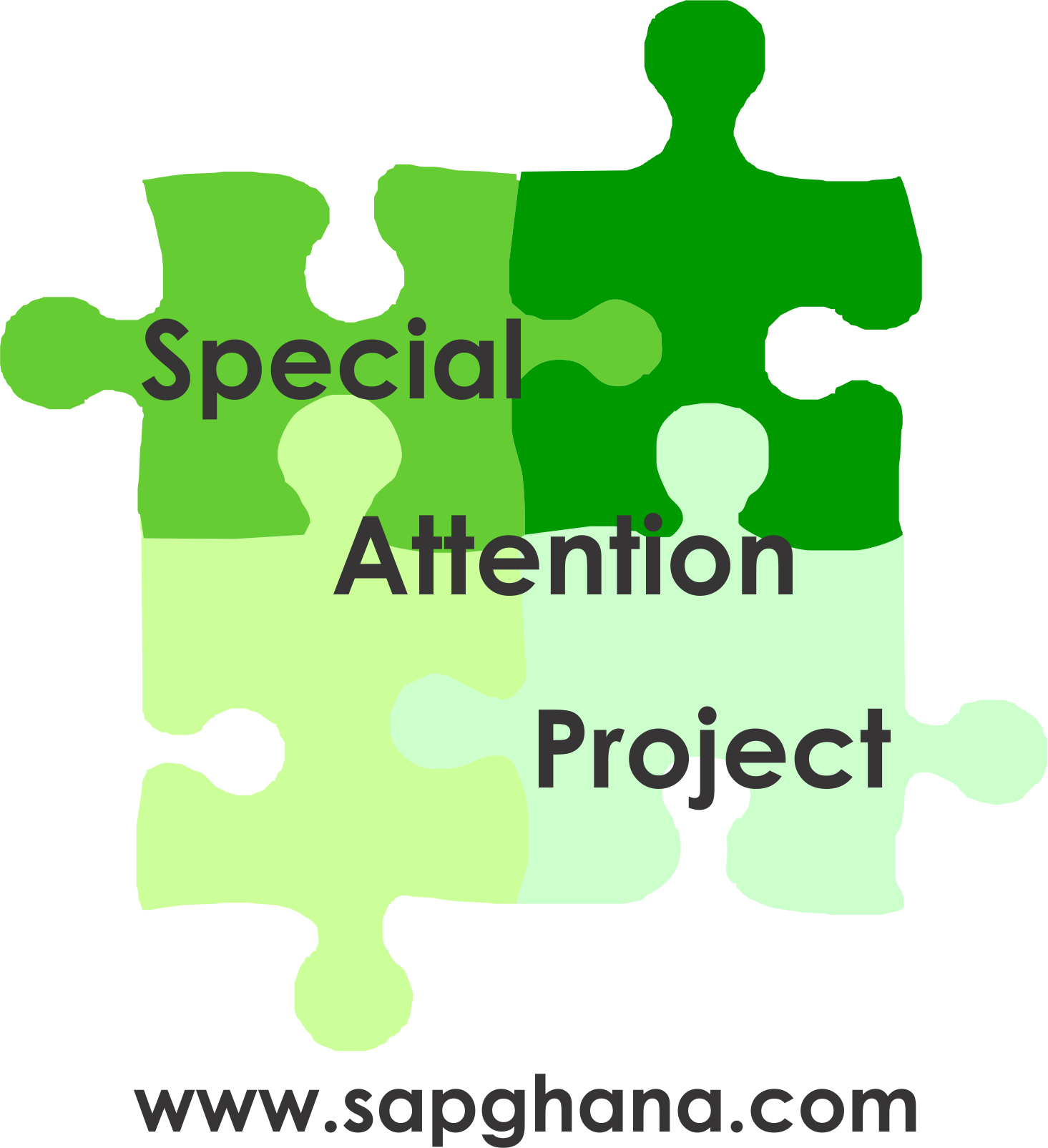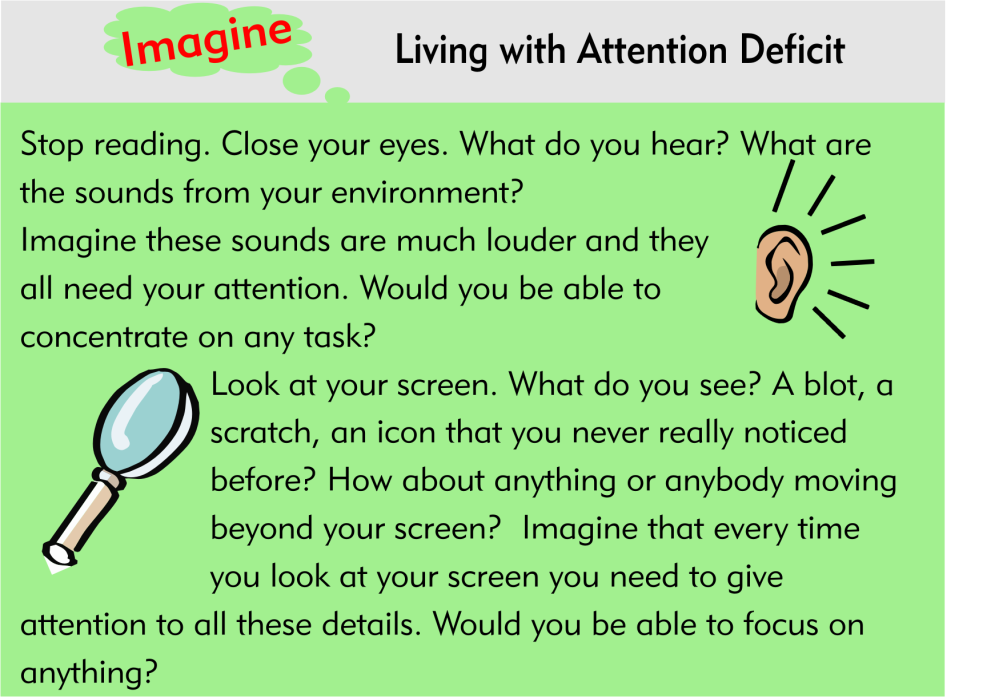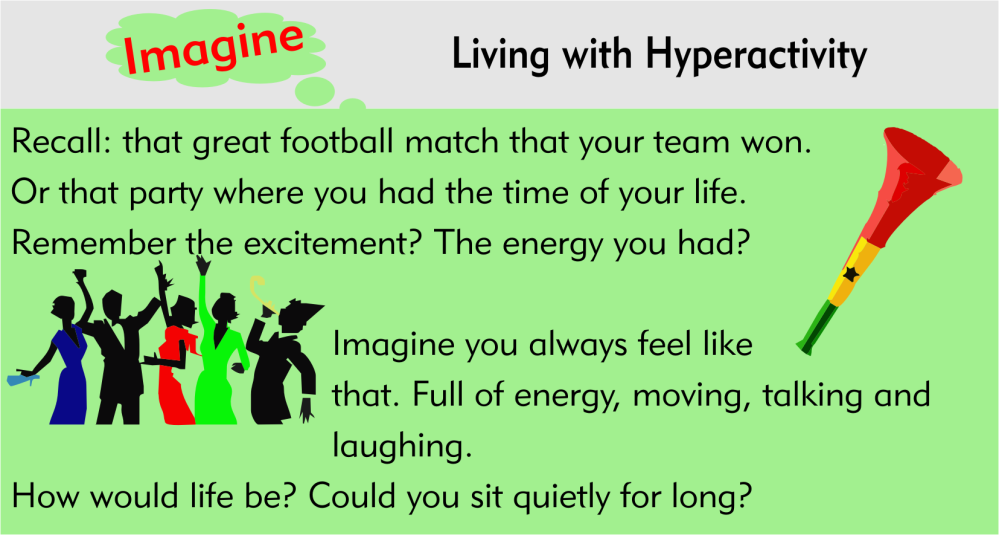What is Attention Deficit Hyperactivity Disorder (ADHD)?
Children with Attention Deficit Hyperactivity Disorder (ADHD) find it difficult to pay attention, to concentrate and to finish tasks.
If your Child
- cannot sustain attention for long
- is over-active
- cannot regulate his or her behaviour well
- often does not finish tasks
- shows these problems for a long time
- shows these problems both at home and in school, while other children of the same age behave differently,
then he or she may have Attention Deficit Hyperactivity Disorder (ADHD).
Attention Deficit = finding it difficult to pay attention: - prematurely breaking off tasks - leaving activities unfinished - frequently changing from one activity to another - losing interest, becoming diverted to another activity - is excessive for child’s age and intelligence level |
|
| Hyperactivity = over-activity: - excessive restlessness, especially when calm is required (eg class, church) - running, jumping around - not remaining seated while supposed to - excessive talking, noise making - fidgeting, wriggling - behaviour is excessive in the context, compared to other children of same age and intelligence |
Childre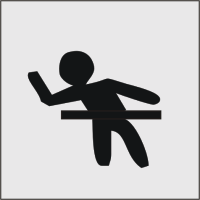 n with Attention Deficit Hyperactivity Disorder (ADHD) have had these problems since early childhood (before age5). It is much more common in boys than in girls. The condition persists through the school years and often into adulthood. But for many individuals, attention and activity levels gradually improve over the years.
n with Attention Deficit Hyperactivity Disorder (ADHD) have had these problems since early childhood (before age5). It is much more common in boys than in girls. The condition persists through the school years and often into adulthood. But for many individuals, attention and activity levels gradually improve over the years.
Typical characteristics of Children with ADHD:
- reckless, impulsive
- accident prone, not seeing danger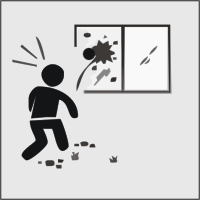
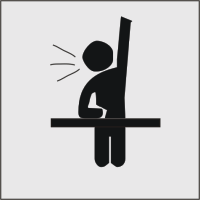 - impulsive, unthinking breaking of rules (different from intentional misbehaviour); for example: intruding on other people’s activities, answering questions prematurely, difficulty waiting for turn;
- impulsive, unthinking breaking of rules (different from intentional misbehaviour); for example: intruding on other people’s activities, answering questions prematurely, difficulty waiting for turn;
- social behaviour towards adults lack normal caution and reserve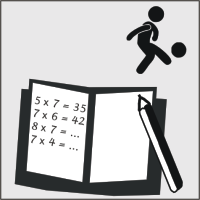
- unpopular with other children
- may become isolated
- may have cognitive problems, and delays in motor and language development (more common)
Children with Attention Deficit Hyperactivity Disorder may also:
- have low self-esteem
- show socially unacceptable behaviours
- have learning difficulties like reading or maths problems
- have difficulties with movement and coordination (for example tying shoe laces, eating with a spoon)
There are currently no diagnostic tests for Attention Deficit Hyperactivity Disorder that are valid for Ghana.
When your Child has difficulties with attention and behaviour...
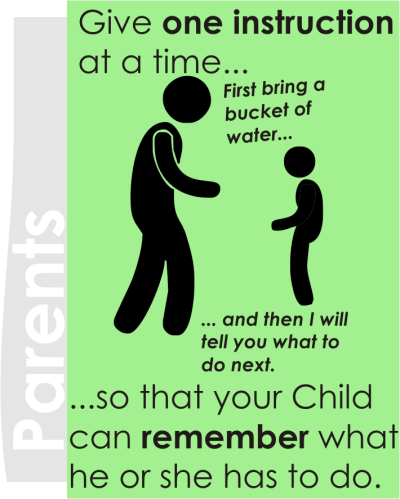 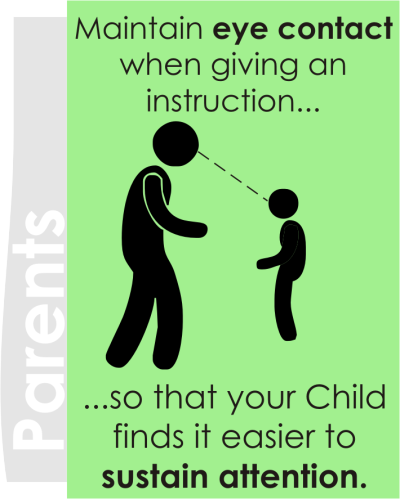 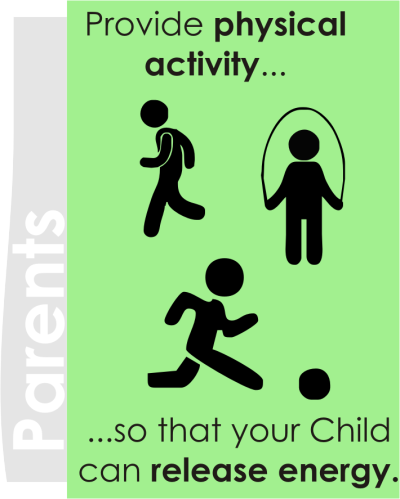 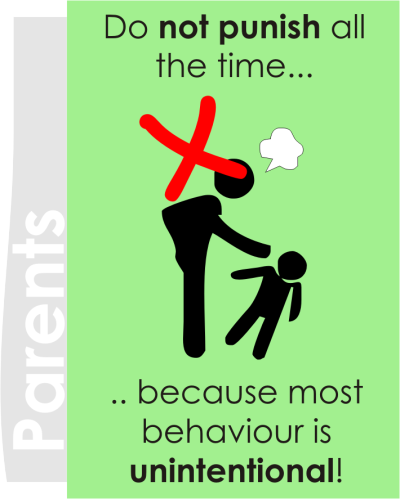 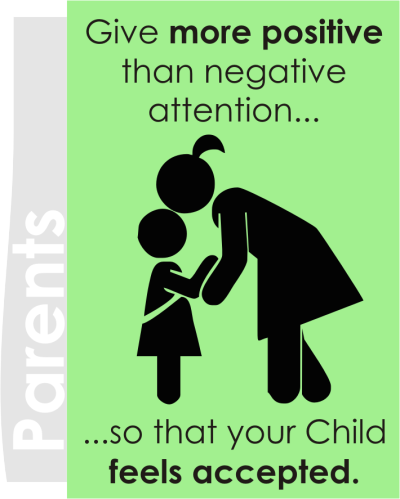 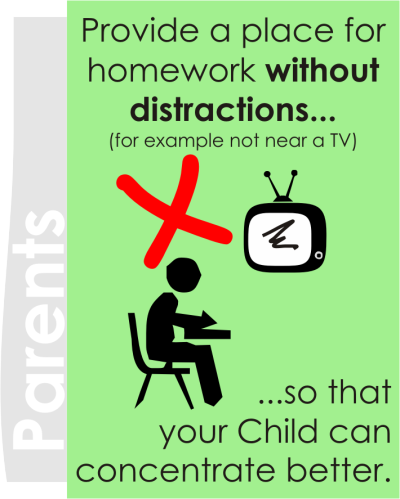 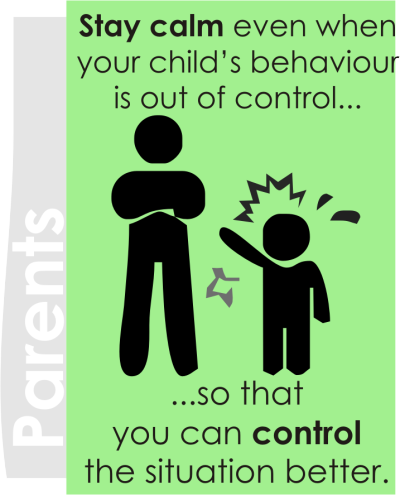 |
What to do when you have a Pupil with attention and behaviour problems in your classroom...
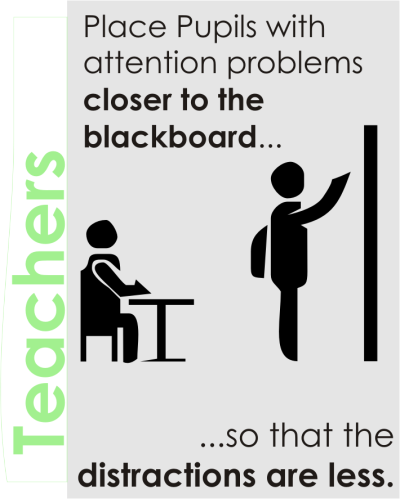  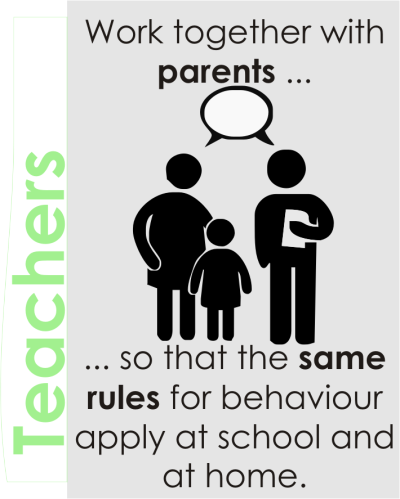  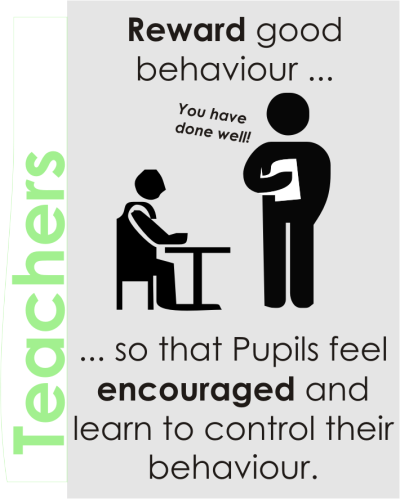 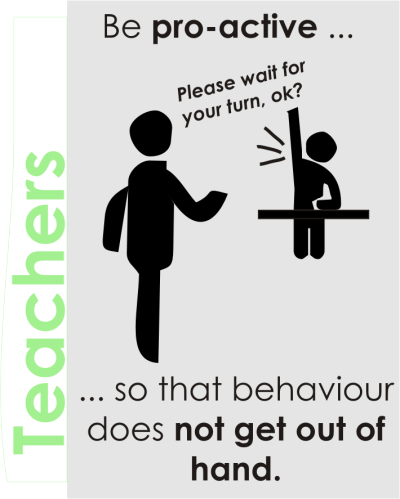  |
How can schools become more inclusive for Pupils with attention and behaviour problems?
  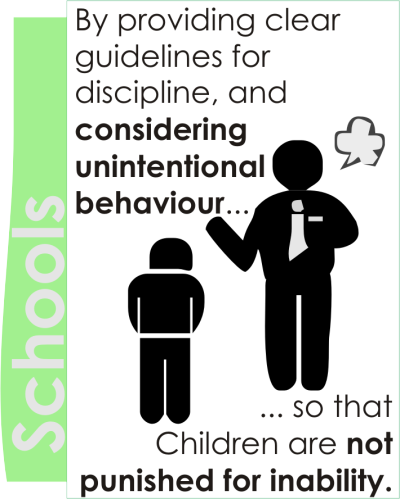 |

Donate via mobile:
+233 (0) 544-700505
